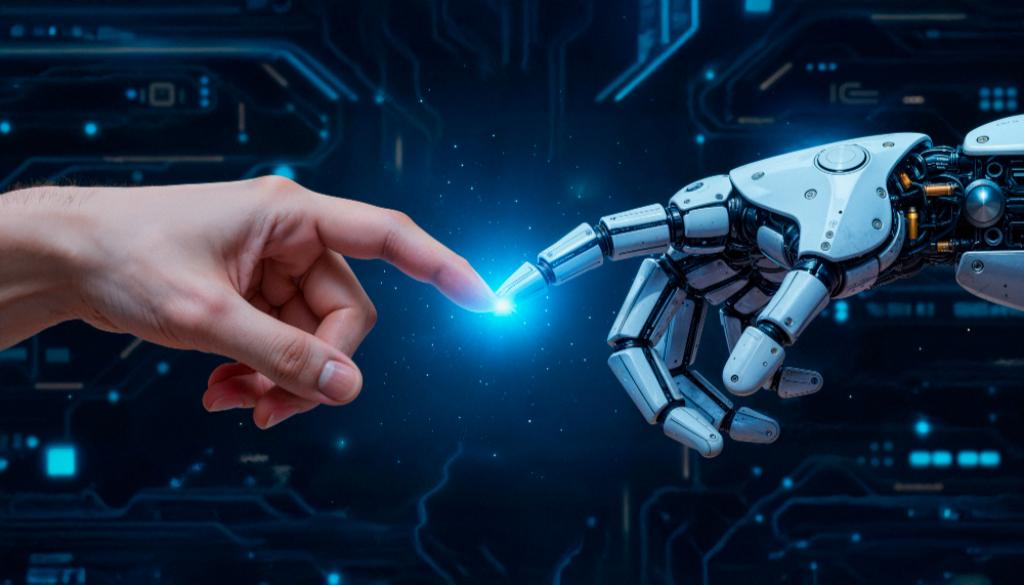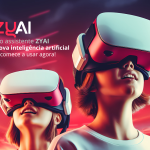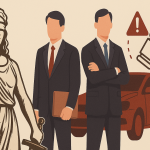From the transmission of invisible energy to the collapse of Tesla’s self-driving cars, technological innovations are reshaping the world – and not always smoothly.
Every week, technological advances defy the limits of science fiction. What seemed like a distant dream begins to become reality – and sometimes, a nightmare. From DARPA’s wireless energy transmission to the invasion of humanoid robots in Chinese hotels, to Tesla’s RoboTaxis stumble, the world watches, between fascination and fear, the birth of a new era.
Invisible energy: goodbye to wires?
Nikola Tesla, known for his visionary ideas, seems to have finally received a belated validation. DARPA, the advanced research arm of the United States Department of Defense, announced a significant breakthrough: the transmission of invisible energy wirelessly, with promises to make traditional electrical wiring systems obsolete.
The technology, still in its experimental stage, could revolutionize transportation, energy supply in remote areas and even the operation of robots and mobile devices. What impact will this have? A planet connected by energy that flows through the air – and, by all indications, without major losses in the process.
Meanwhile in China: hotels taken over by robots
On the other side of the planet, China already seems to be inhabiting this future. In state-of-the-art hotels, guests are being served by humanoid robots that clean rooms, restock minibars, organize belongings and... even throw out the trash.
The protagonist of this advancement is the Zerith H1, a robot equipped with artificial intelligence and state-of-the-art spatial sensors. It not only performs complex tasks quickly, but also interacts with the environment without needing human commands. The startup responsible, Zerith, is planning new versions that serve guests via app, adjust the room temperature and deliver towels on demand.
But the question remains: are we ready to be served by machines in experiences that traditionally involve human warmth?
The embarrassment of Tesla's RoboTaxis
While China reaps the rewards of automation, Tesla stumbles in its first steps. The Model Y RoboTaxis, recently launched in Austin, Texas, have been racking up criticism and dangerous technical flaws.
Reports indicate cars driving the wrong way, stopping abruptly at busy intersections and even leaving passengers in the middle of the road. The reason? Tesla still relies on pure computer vision (cameras) instead of LiDAR sensors or radar. The result: "phantom braking" and misinterpretation of shadows and signs.
Experts, such as Felipe Koppmann of Carnegie Mellon, warn that the number of failures in such a short period of time is alarming. "Leaving someone in the middle of a six-lane highway with heavy traffic is not just a technical error, it is a direct threat to life," said Cara Koppmann, a professor at the University of Texas.
Even with defenders claiming that the system "is still learning", the incident reignites the debate about the ethics and safety of autonomous vehicles.
Robot welders: the end of a traditional profession?
If automation in hotels is already surprising, what can we say about a robot that can perform 12 hours of welding in just 45 minutes?
This is the new promise of the American industry, which is beginning to employ collaborative robots capable of building metal structures with greater precision, safety and speed. A recent project used this technology to erect more than five kilometers of metal fences, drastically reducing costs and human effort.
The question that remains is: to what extent will machines replace human labor? In sectors such as welding, which is highly demanding and repetitive, it seems that the replacement has already begun.
Technology: between amazement and admiration
From DARPA's success to Tesla's failure, what we are seeing is an era of accelerated transformations. Technologies that promise to improve the world also bring ethical, social and economic challenges.
While on the one hand robots and artificial intelligence promise to alleviate the burden of human tasks, on the other they raise important questions: will we be replaced or complemented by these machines? And who regulates the limits of these technologies' performance?
While these answers are not forthcoming, the world watches, curious and apprehensive, this spectacle of innovation.
DFATOS – Information with impact.
Follow more reports like this on our portal and stay up to date with the changes that shape your present – and your future.
 Português
Português







